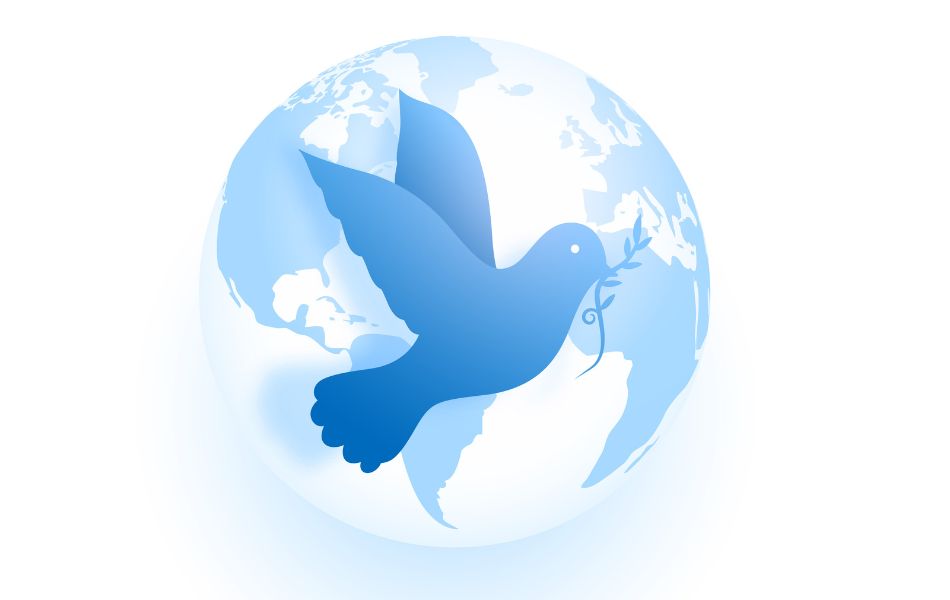
Geneva – SAM Organization for Rights and Liberties stated that the International Day of Peace, observed on September 21, arrives for Yemenis burdened with an open wound that has lasted eleven years. This date coincides with the takeover of the capital, Sana’a, by the Houthi group in September 2014 and their subsequent control of state institutions. The organization stressed that this event was not merely a seizure of power, but the beginning of a long trajectory of widespread violations that affected all aspects of Yemeni life, undermining the foundations of peace, security, and dignified living.
The organization pointed out that the consequences of this takeover were felt first by civilians who found themselves caught in a bloody conflict that claimed tens of thousands of lives and left hundreds of thousands injured. The policy of besieging major cities such as Taiz deprived residents of food, medicine, and water, turning daily life into a harsh struggle for survival. It further noted that indiscriminate shelling and the planting of landmines in residential areas, farms, and roads claimed thousands of civilian lives and prevented displaced families from returning to their homes.
The organization reported that press freedoms were among the most prominent casualties, with journalists subjected to arbitrary arrests and unfair trials, while independent media outlets were shut down. Media platforms were placed under strict censorship and ideological propaganda that glorified violence and silenced dissent. Public freedoms also suffered, as peaceful demonstrations were suppressed, gatherings banned, and civil society organizations placed under heavy restrictions, while activists and human rights defenders faced persecution and enforced disappearance.
SAM highlighted that the group resorted to recruiting thousands of children and sending them to battlefronts after subjecting them to sectarian indoctrination and military training, depriving them of education and turning their childhood into a battlefield. Women also faced marginalization, exclusion, and restrictions such as bans on traveling without a male guardian, as well as arbitrary detention and abuse, in addition to constraints on their participation in work, education, and public life.
The organization emphasized that arbitrary detention and enforced disappearance became systematic policies. Secret prisons were established, detainees subjected to torture and ill-treatment, and many forced to make confessions under duress. Courts affiliated with the group issued collective death sentences against dozens of opponents and activists in trials that lacked the most basic standards of justice.
The organization further noted that religious minorities were not spared, with Baha’is and others facing persecution, confiscation, and arrest, while a sectarian, one-dimensional ideology was imposed on school curricula, undermining the country’s social, intellectual, and religious diversity.
SAM stressed that economic violations represented another dimension of the catastrophe. State institutions and resources were converted into instruments of war, as revenues from ports, taxes, and customs were seized to finance the military effort. Public services collapsed, prices skyrocketed, the currency depreciated, and poverty and unemployment spread widely. Humanitarian aid was also looted, manipulated, or distributed based on political loyalty, deepening the suffering of millions of Yemenis.
The organization affirmed that the group’s grip on power opened the door to external interventions, turning Yemen into a theater for regional and international rivalries. The Houthis received military and political support from external powers, contributing to the prolongation of the conflict, complicating prospects for peace, and transforming the Yemeni crisis into a regional and international issue that exceeds its national boundaries.
SAM Organization for Rights and Liberties called for an immediate halt to all systematic violations against civilians, the opening of safe humanitarian corridors for unrestricted delivery of aid, the release of all arbitrarily detained persons, the cessation of child recruitment and their use in hostilities, and the guarantee of freedom for media and human rights work without harassment.
The organization also urged the international community to shoulder its moral and legal responsibilities by exerting real pressure on the Houthi group to engage in a comprehensive and just peace process, based on the restoration of state authority, respect for human rights, accountability for perpetrators of crimes, and ensuring the participation of all Yemenis in a fair transitional process that safeguards their rights to freedom and dignity.